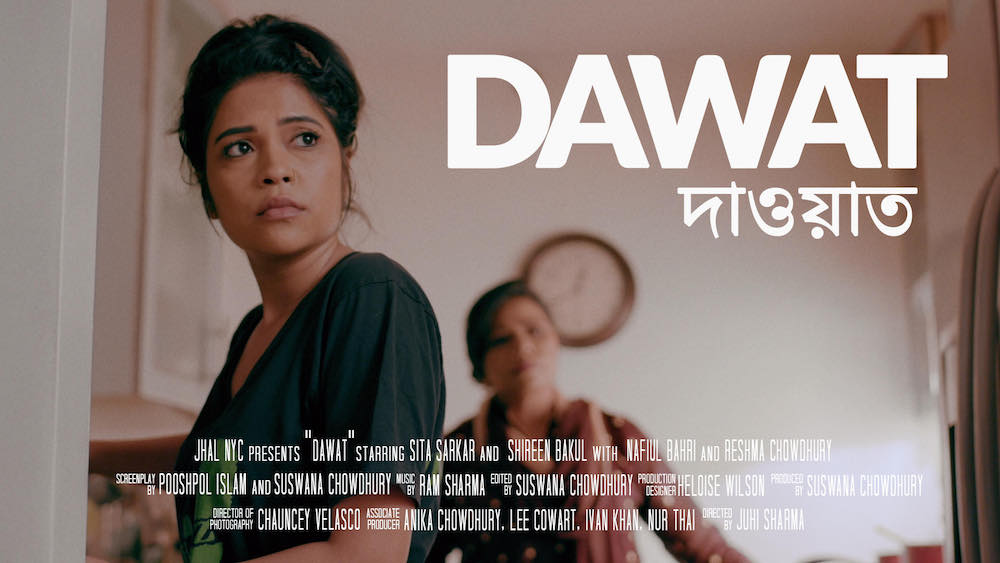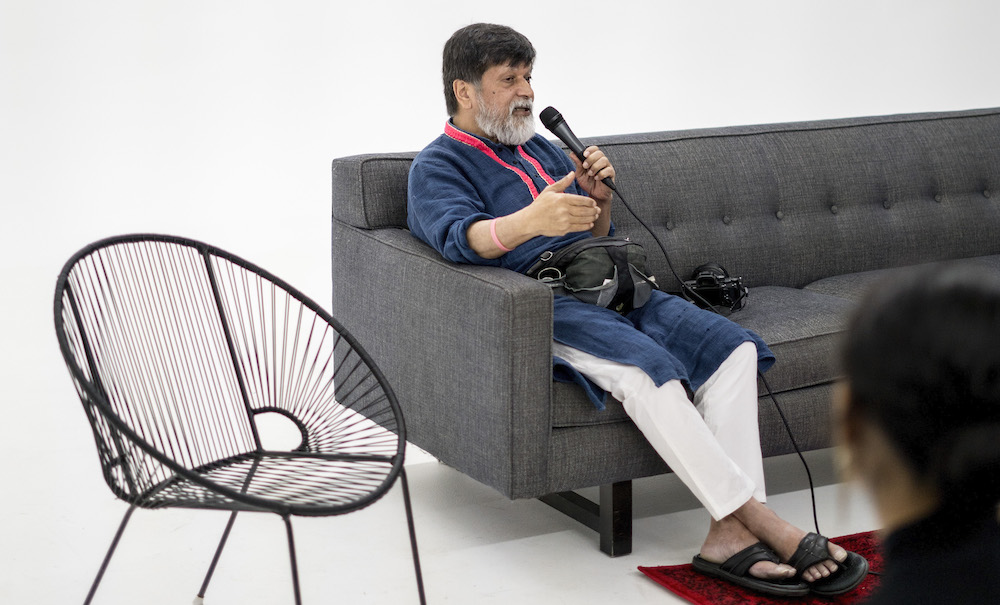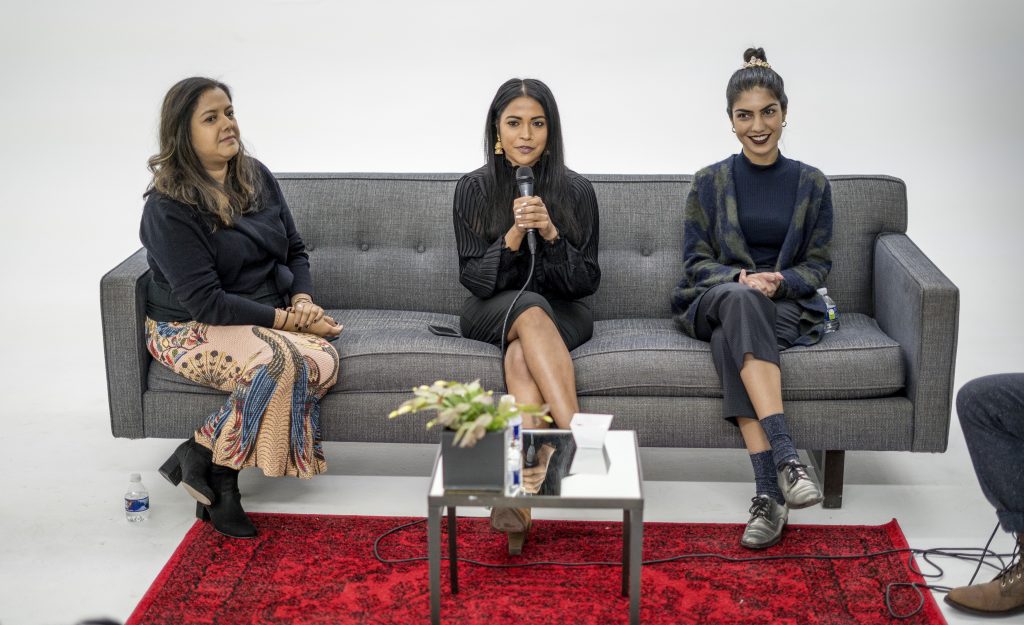
Anyone who knows me knows I love movies. Whether it was watching in awe as Spiderman swung between buildings or sitting on the verge of tears by the end of “Kabhi Khushi Kabhi Gham,” movies were always my favorite form of escape. But when you’re a minority, the spectacle of cinema also comes with the desire for representation. If there’s anything I wish I saw more of as a kid, it was people who looked like me on screen. According to the 2018 “Hollywood Diversity” report published by UCLA, only 3.1 percent of leading Hollywood roles went to actors of Asian descent.
Almost every desi actor, both industry-established and up-and-coming, have spoken at length about offensives roles they’ve been offered. Recently, even the lead actor of Disney’s Aladdin Mena Massoud admitted to not getting a single audition after the movie’s release. So when fellow Brown Girl Suswana Chowdhury produced a short film with Jhal NYC meant to capture a common South Asian American struggle, I knew I had to go.
Held at 7 Line Studio in Long Island City, N.Y. on Nov. 3, the event was a celebration of the Bengali-American experience and the power of representation. It began with a keynote by world-renowned Bangladeshi photojournalist Shahidul Alam. Alam went through anecdotes of leaving Bangladesh and later returning, the oppression of its citizens, and his time and torture at Dhaka Central Jail. His stories were stark, but Alam was in good spirits the entire time.
One particular anecdote stood out. Alam had a friend out in the U.K. and he was a favorite of his friend’s younger daughter. During one visit, a handful of coins fell out of Alam’s pocket, to which the daughter responded in shock that Alam was capable of having money at all. It was a vital lesson in how stories inform perception. This young girl had only ever seen images of Bangladesh as a poor, underdeveloped country. She didn’t know any better. The lesson was clear: If you want the world to know your authentic story, you must tell it yourself.

This is a struggle almost every South Asian creative has faced. If we pursue a non-traditional career, will we still have the support and blessings of our families? “Dawat” is certainly not the first movie to address this, and it won’t be the last. And although the landscape is getting better, with movies like “Late Night,” “Stuber,” “Yesterday,” and “Blinded by the Light” coming out just this year, the fact that South Asian Americans still feel the need to depict this particular story is telling. The worry of “What will people say” is still pervasive.
[RELATED: Actor-Turned-Producer Anjul Nigam Talks Change in South Asian Representation in Film and Media]
If “Dawat” was a small glimpse into the anxieties of wanting to be a South Asian creative, the panel that followed was filled with strategies to combat it. Led by Bengali-American filmmaker Shomi Patwary, it featured the movie’s lead actress Sita Sarkar, writer and novelist Sharbari Ahmed, and writer and director Nashwa Zaman. Ahmed emphasized the importance of having your voice heard behind the scenes, such as in writer’s rooms. She reminded us that it’s those voices that ultimately decide what representation in front of the camera looks like. Zaman spoke about our conditioning to pursue perfection because of the worry of what people will say. “I hate that word, perfect,’” she said, “but South Asians are obsessed with it. Pursuing such an impossible goal will only hold us back.”

[RELATED: Want to Become a Slashie? Dive in, But be Kind to Yourself]
Sita’s remarks about taking the leap stayed with me as the event came to a close. As folks began to pack up and say their goodbyes to their friends and family, I took a minute to actually look around the room. As expected, there were several other creatives who were around my age and among various stages of their slashie careers. But I was surprised to realize there were just as many aunties and uncles mingling about too. We were all here for the same reason—to show our support for this film and see our story represented on screen. I wasn’t used to that. It gave me a sense of affirmation that even as our generations fight for better representation on screen, we’re not alone doing it.




